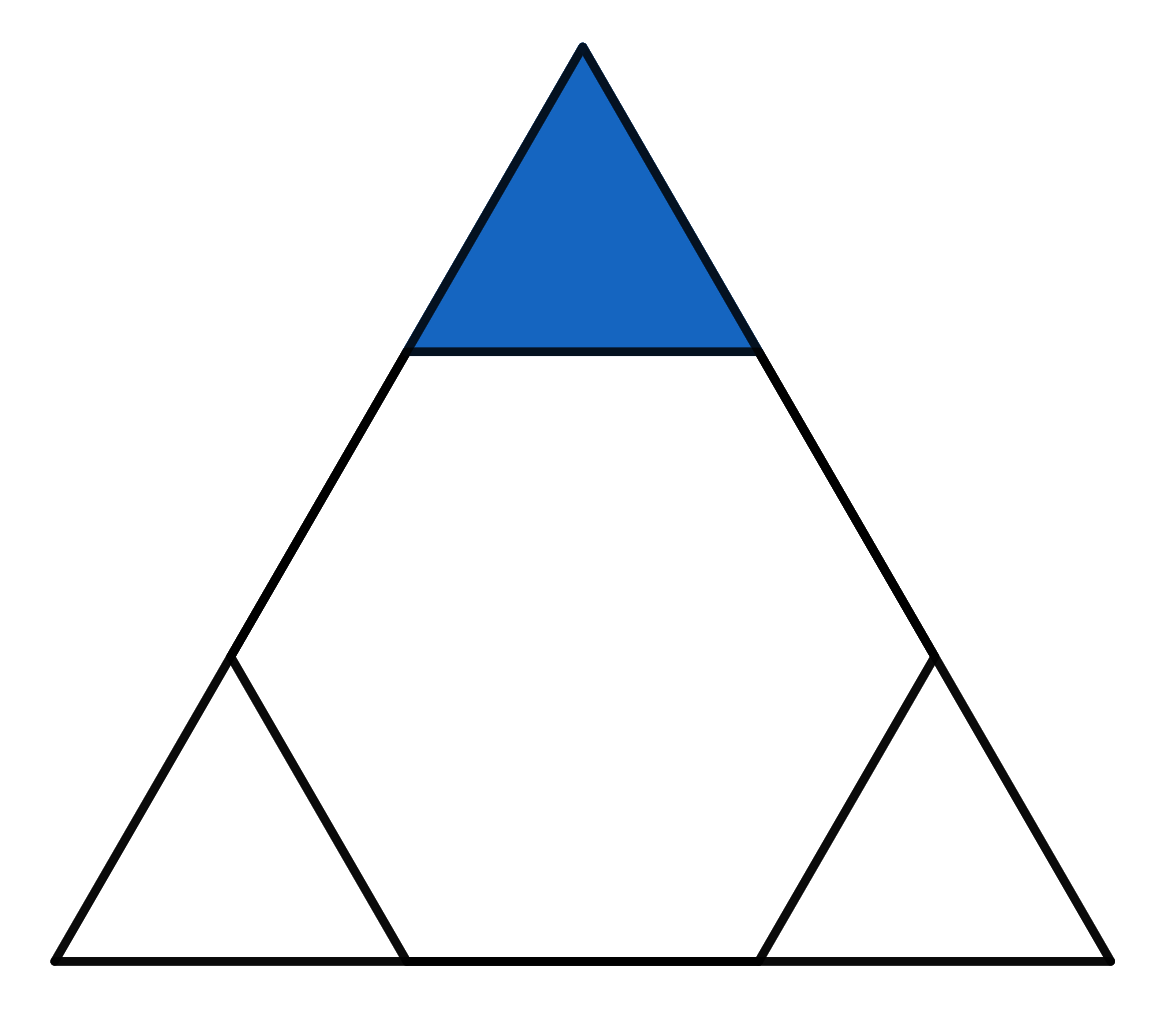Problems
An after school club is attended by 4 boys from class 7A, and four from class 7B. Of those who attended three were named Ben, three were named Will, and two were named Tom.
Is it possible for it to be the case that each boy had at least one namesake classmate who attended the club?
We took several positive numbers and constructed the following sequence: \(a_1\) is the sum of the initial numbers, \(a_2\) is the sum of the squares of the original numbers, \(a_3\) is the sum of the cubes of the original numbers, and so on.
a) Could it happen that up to \(a_5\) the sequence decreases (\(a_1> a_2> a_3> a_4> a_5\)), and starting with \(a_5\) – it increases (\(a_5 < a_6 < a_7 <\dots\))?
b) Could it be the other way around: before \(a_5\) the sequence increases, and starting with \(a_5\) – decreases?
The number \(x\) is such that both the sums \(S = \sin 64x + \sin 65x\) and \(C = \cos 64x + \cos 65x\) are rational numbers.
Prove that in both of these sums, both terms are rational.
There was a football match of 10 versus 10 players between a team of liars (who always lie) and a team of truth-tellers (who always tell the truth). After the match, each player was asked: “How many goals did you score?” Some participants answered “one”, Callum said “two”, some answered “three”, and the rest said “five”. Is Callum lying if it is known that the truth-tellers won with a score of 20:17?
For all real \(x\) and \(y\), the equality \(f (x^2 + y) = f (x) + f (y^2)\) holds. Find \(f(-1)\).
Prove that for any odd natural number, \(a\), there exists a natural number, \(b\), such that \(2^b - 1\) is divisible by \(a\).
On a lottery ticket, it is necessary for Mary to mark 8 cells from 64. What is the probability that after the draw, in which 8 cells from 64 will also be selected (all such possibilities are equally probable), it turns out that Mary guessed
a) exactly 4 cells? b) exactly 5 cells? c) all 8 cells?
Author: L.N. Vaserstein
For any natural numbers \(a_1, a_2, \dots , a_m\), no two of which are equal to each other and none of which is divisible by the square of a natural number greater than one, and also for any integers and non-zero integers \(b_1, b_2, \dots , b_m\) the sum is not zero. Prove this.
A sequence of natural numbers \(a_1 < a_2 < a_3 < \dots < a_n < \dots\) is such that each natural number is either a term in the sequence, can be expressed as the sum of two terms in the sequence, or perhaps the same term twice. Prove that \(a_n \leq n^2\) for any \(n=1, 2, 3,\dots\)
The triangle visible in the picture is equilateral. The hexagon inside is a regular hexagon. If the area of the whole big triangle is \(18\), find the area of the small blue triangle.
